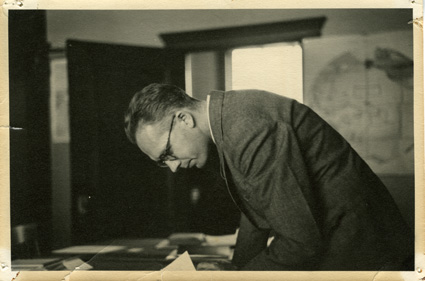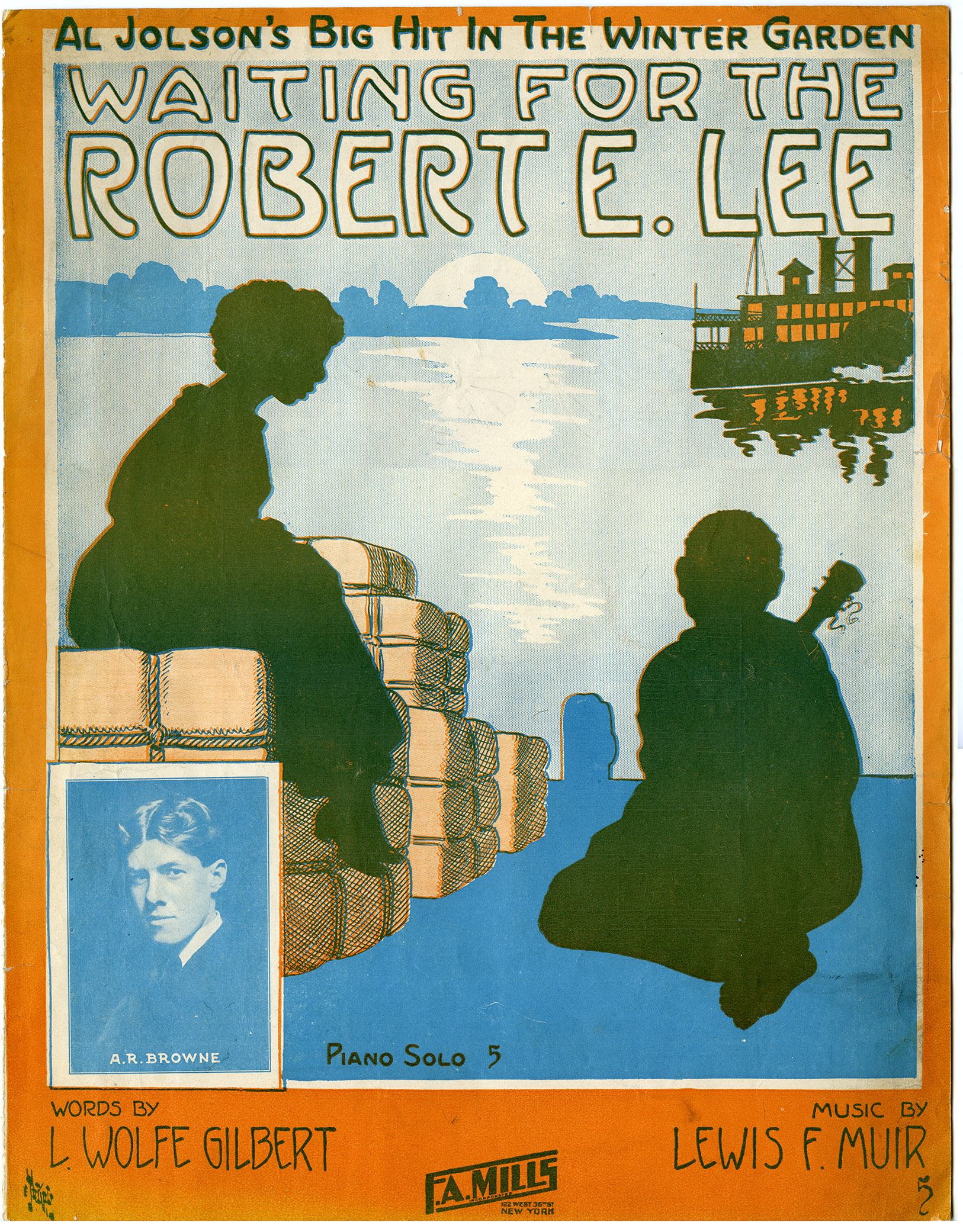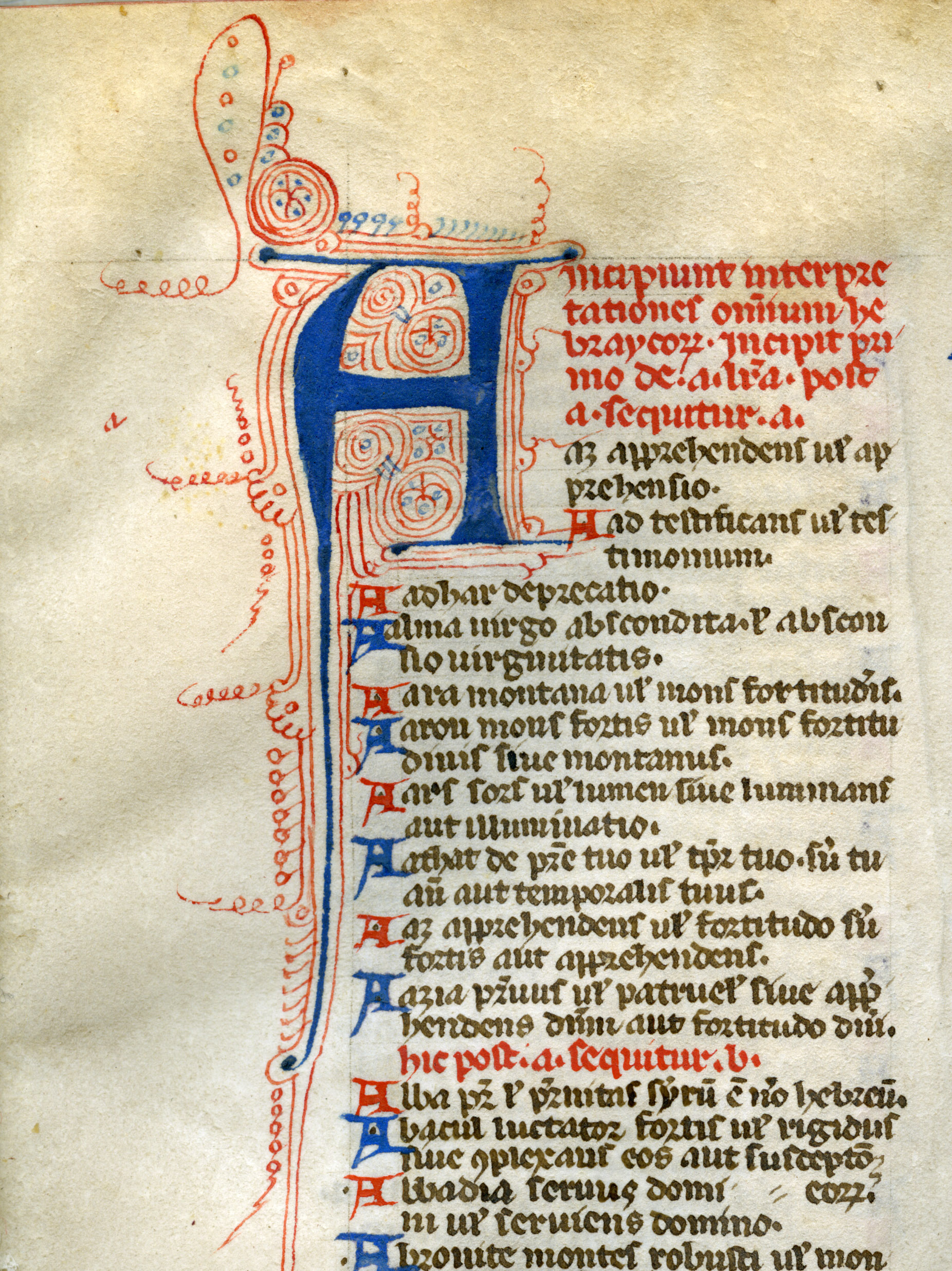Born on December 13, 1887, Gladys Theodora Parrish to wealthy birthright Quaker Alfred Parrish and Katharine Broadwood Jennings. Gladys married Constant Davis Huntington on October 17, 1916, who had been chairman of the London office of G. P. Putnam’s publishing company since 1905. The couple first resided in Hyde Park Gardens in London and then at Amberley House in Sussex. They had one daughter on January 11, 1922, Georgiana Mary Alfreda (Urquhart). Gladys Huntington wrote many plays and novels, including the bestselling book Madame Solario, published anonymously in 1956. Other published titles include; Carfrae’s Comedy (1915, novel), Barton’s Folly (1924, play), and Turgeniev (c. 1930, play). She died at St. George’s Hospital (Westminster) on May 31, 1959, at the age of 71.
The Gladys and Constant Huntington Papers is primarily composed of the correspondence of Gladys Huntington with her mother, Katharine “Kate” Parrish, husband Constant, daughter Alfreda, various friends, relatives, and professional contacts. Additionally, the collection contains a sizable amount of Gladys’ correspondence and traded manuscripts, short stories, poetry, and drafts with fellow authors such as Leo Myers, Nicolo Tucci, Helen Granville-Barker, Viola Mynell, Eric Clough Taylor, Cynthia Asquith, Clifford Bax, and others. Many of her own manuscripts and typed drafts of novels and plays (Madame Solario, Turgeniev, her unfinished final work, The Ladies’ Mile), along with childhood writings, photo albums, datebooks, and diaries spanning her lifetime are contained within the collection.
Gift of Porter-Phelps-Huntington Foundation, Inc.




